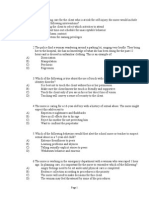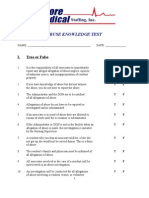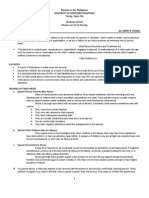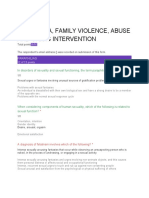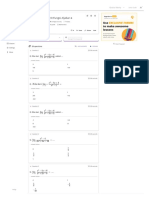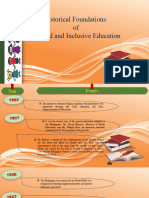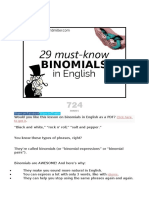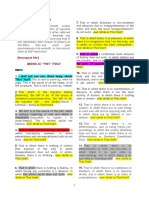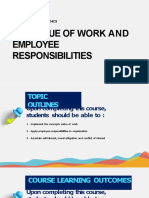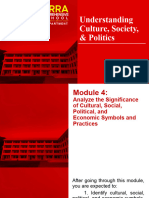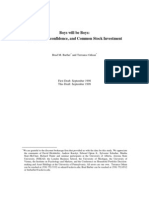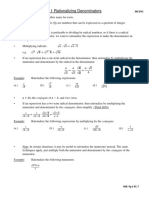CHAPTER 12: ABUSE, BULLYING, AND HARASSMENTAWARENESS
STUDENT ASSIGNMENT
Date:January 8,2025 Name:Irene Whajah
FILL IN THE BLANKS
Fill in the blanks below with the correct terms related to the types of abuse of
older persons.
1.Physical abuse involves hitting, slapping, kicking, pinching, and beating.
2.Financial abuse includes coercing an older person to sign over property against
his or her will.
3.Confinement abuse occurs when a person is confined to a specific area.
4. Exploitation occurs when a person’s money is used by another person.
5. Emotional abuse includes humiliation, harassment, and threats of being punished
or deprived of needs such as food, clothing, care, a home, or a place to sleep.
6.Sexual abuse is when the person is harassed about sex or is attacked sexually.
Fill in the blanks below with the correct terms related to the types of abuse of
infants, babies, or children.
7.Neglect means not meeting a child’s need for affection and attention.
8.Physical abuse is intentionally injuring the child.
9.Sexual abuse is using, persuading, or forcing a child to engage in sexual
conduct.
10.Failure to thrive describes infants, babies, or children who are below the
norms for body weight, growth, or cognitive development.
11.Emotional abuse describes when a child is ridiculed and constantly insulted,
resulting in harm to the child’s sense of worth.
12. Child neglect occurs when a child’s needs for food, clothing, or shelter are
not adequately met.
13. Child pornography involves photographing or videotaping a child involved in
sexual acts.
14.Uttering threats occurs when someone threatens to harm a child’s pet.
15. List five examples of abusive situations that might occur in a care facility or
a home:
a.The use of derogatory remarks against the patient or caregiver.
b.When a personal support worker fails to report illnesses or injuries to the
supervisor.
c.Failing to change resident’s clothes and refusing to wash them.
d.Leaving residents unattended to for long period of time to take a break.
e.Restraining the movement of a patient or refusing to reposition them leading to
bedsores.
16. What are the 3 phases of the cycle of abuse?
a. Tension building phase
The cycle begins with tension building, creating fear in the victim. This tension
might come from stress related to everyday events like work, family etc.
b. Acute battering phase
The tension reaches its breaking point, leading to a violent outburst of physical,
emotional, or sexual abuse. The victim may feel helpless, frightened, and in
immediate danger, experiencing severe personal injuries and emotional harm.
c. Honeymoon phase
The abuser feels sorry for the explosion, and acts apologetic and loving but the
cycle keeps repeating itself.
Copyright © 2022 Elsevier, Inc. All rights reserved.












